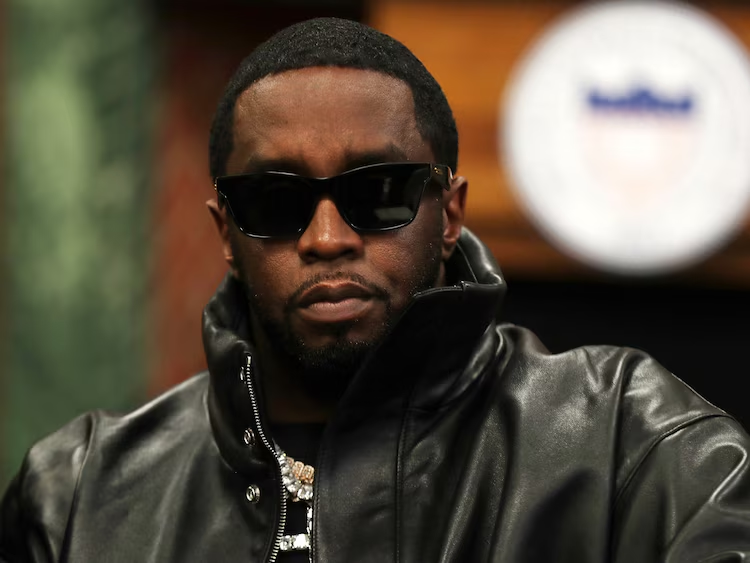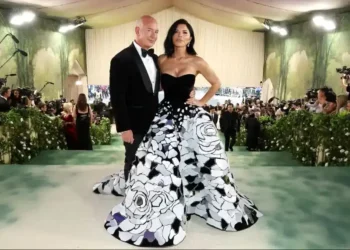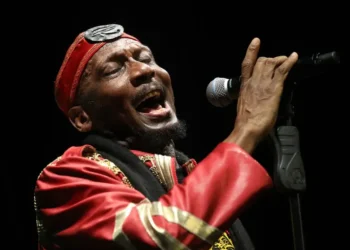Sean ‘Diddy’ Combs Denied Bail, Judge Cites Serious Safety Concerns
A New York federal judge has denied hip-hop mogul Sean “Diddy” Combs’ request for bail, ruling that he poses a significant danger to the community. Judge Arun Subramanian determined that there is “clear and convincing evidence” that Combs’ release would not ensure public safety, stating that “no condition or combination of conditions will reasonably assure the safety of the community.”
Subramanian cited evidence of Combs’ history of violence, including footage from a 2016 incident at the Intercontinental Hotel involving Combs and his former protégé, Cassie Ventura. While Combs’ defense team argued the video had been edited, the judge pointed out that even in its submitted form, the footage clearly showed violence.
This decision marks the fourth time Combs has been denied bail. Both federal prosecutors and Combs’ defense team submitted final arguments on the issue earlier this week.
Prosecutors raised concerns about Combs’ attempts to influence witnesses while in jail, calling it “obstruction” of justice. They also accused him of trying to sway the jury pool through a social media campaign organized by his children. Combs’ attorneys argued that these actions were protected as free speech, meant to counter what they described as “outrageous claims” made by his accusers.
The judge also referenced text messages exchanged between Combs and Ventura after the 2016 incident. One message from Ventura read, “I have a black eye and a fat lip. You are sick for thinking it’s OK to do what you’ve done.” Another text mentioned “crazy bruising” as a result of the encounter.
In an attempt to secure bail, Combs proposed home confinement in his three-bedroom apartment on Manhattan’s Upper East Side, with 24/7 private security, visitor restrictions, and limited communication. However, the judge rejected this proposal, expressing doubts that any conditions could ensure Combs would follow the rules. He pointed out that Combs’ history of flouting rules—such as using other inmates’ phone codes while in jail—suggested he could not be trusted to comply with release conditions.
Prosecutors argued that no set of conditions would reduce the risk of Combs influencing witnesses or manipulating the jury. They firmly stated that Combs “cannot be trusted” to follow the rules.
Judge Subramanian’s decision echoes the stance of three previous judges—one federal magistrate, a district court judge, and an appeals court judge—who also denied Combs bail.
This article was rewritten by JournosNews.com based on verified reporting from trusted sources. The content has been independently reviewed, fact-checked, and edited for accuracy, neutrality, tone, and global readability in accordance with Google News and AdSense standards.
All opinions, quotes, or statements from contributors, experts, or sourced organizations do not necessarily reflect the views of JournosNews.com. JournosNews.com maintains full editorial independence from any external funders, sponsors, or organizations.
Stay informed with JournosNews.com — your trusted source for verified global reporting and in-depth analysis. Follow us on Google News, BlueSky, and X for real-time updates.














